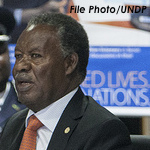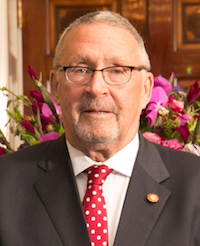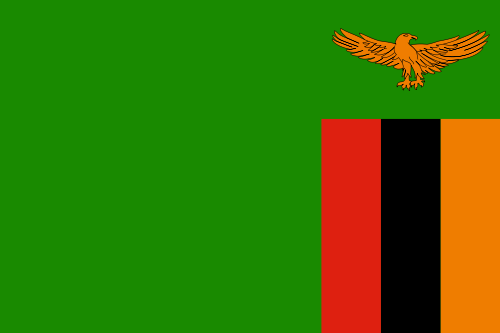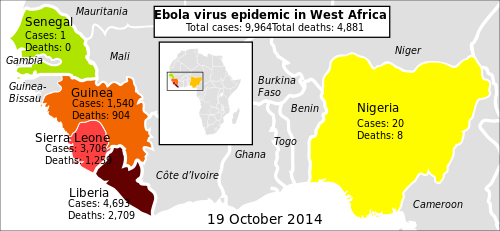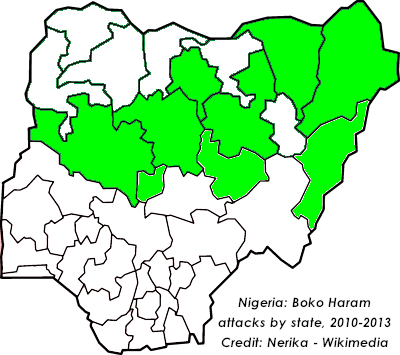South Africa’s government is continuing efforts to mediate between the competing political factions in the Lesotho crisis, and is now trying to resolve the military instability and leadership dispute by directly talking to the still dangerous and disaffected supporters of the unsuccessful power grab. Here’s the AFP report:
South Africa’s deputy president has held secret talks with a renegade Lesotho military commander, a defence official told AFP on Thursday [October 23], as an offer of partial amnesty is floated in the hope of ending a destabilising post-coup stand-off.
General Kamoli remained at a secret hideout with a small but heavily armed band of supporters after fleeing there following his attempted coup d’état at the end of August.
Any amnesty deal would relate to the crimes of the attempted coup itself, but might also include various incidentals:
Lesotho police are investigating him for two crimes linked to the 30 August assault: high treason and murder.
[…]
Mohasoa said authorities would be willing to provide the suspected coup leader his full retirement package “though we aren’t obliged to for a dismissed official.”
But more sensitive is the amnesty – perhaps for high treason, but not for murder.
“We can discuss possible amnesty for politically motivated reasons,” he said. “But not for what’s considered purely criminal actions.”
Whether Kamoli will accept the offer – which may include prosecution and perhaps jail-time – “That’s the million-dollar question,” said Mohasoa.
The other big thing, besides amnesty and clearing up where the military’s rank and file has placed its loyalties, will be trying to persuade the country’s police force to go along with it. They supported the prime minister and his ruling party against the failed coup and are understandably angry about the consequences of that, which continued to play out a month afterward:
Kamoli aside, Ramaphosa will also have to try to re-build trust between the country’s two most important security services – the Lesotho Defence Force and Lesotho Mounted Police Service.
In just the latest in a series of clashes on 30 September, a night-time shoot-out between soldiers and police on the outskirts of the capital Maseru left two more officers shot and wounded.
A top Lesotho police official told AFP he saw no major obstacle to rebuilding ties with the military if the coup leader and his allies, who have stymied criminal probes into transgressions by troops, are removed.
The South African mediation has also been making progress on the political front to resolve the critical, underlying factors that spurred the coup attempt:
Ramaphosa, mediating on behalf of the Southern African Development Community, has already reached a deal that allowed the re-opening of parliament – which had been shuttered for four months. As part of the agreement elections have been moved up two years to February 2015.
The ongoing closure of parliament was the main complaint held up by General Kamoli as justification for his purported goal of “disarming” the police and “escorting” the prime minister to the King of Lesotho to force parliament to be called back into session. The real reason, of course, was the prime minister’s decision to fire him as head of the armed forces the night before.
Update for Clarity, 10/28/14: According to the AFP’s Michael J. Jordan, who wrote the story I quoted above, the partial deal described above was signed late last week with the various co-conspirators and targets all in a room together (which must have been quite uncomfortable!). Kamoli will leave the country for a while and leave the military, while his police counterpart will also step down. But the unresolved details outlined in the post above remain a problem. Jordan believes the crisis is not finished yet.
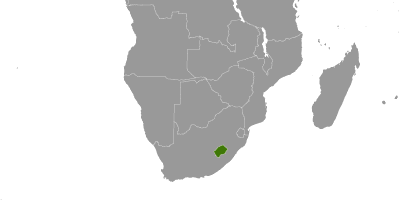
Map of Lesotho’s location in southern Africa. (CIA World Factbook)



